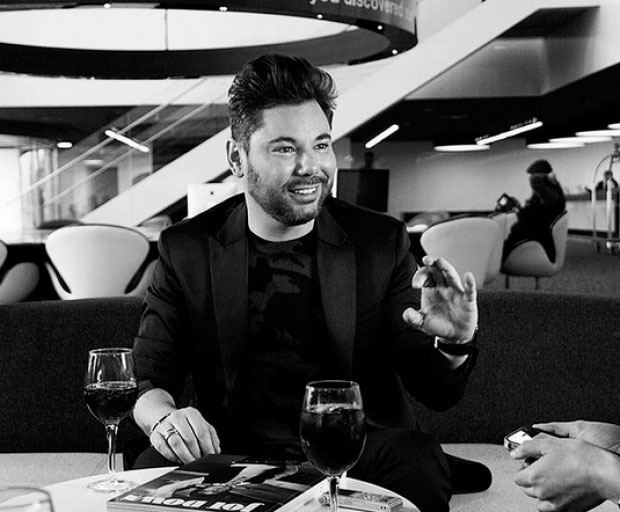Excerpt from the interview with Miguel Poveda where he talks about Tablao Flamenco Cordobes Barcelona:
In Spain, especially in large cities, is flamenco intoxicated by the tourist effect?
No, I think there are people, for example in El Cordobés tablao, who have a huge commitment to art and although the influx of tourists is 80 or 90%, they try to show a quality flamenco. In El Cordobés, which is the one I know the most, because I started there, they try to take great flamenco figures that you can then see in theaters. There have passed: La Cañita de Málaga, Camarón, Farruco, Matilde Coral, Manuela Carrasco, Sara Baras … All the great figures of flamenco have performed there and continue to pass, think that because of the crisis you can see artists from first line again.
Interview
Do you like to go see flamenco? What kind of concerts are you going?
Miguel Poveda: To me yes, always. I never get tired of that music, I always learn, it’s my spiritual food.
I go to the concerts to see the proposals that my classmates make and to see recitals of cante by for example Antonio Reyes, who is a cantaor that I like a lot, or Jesús Méndez that I love, or Rancapino. Companions to whom I have esteem and who apart from being great singers are good people. I can not go to see an artist who is not a good person although I like it a lot, I prefer to watch it on video, on YouTube or on television, but if I approach a theater it has to be because the artist is also good people.
If an artist does not like you, you prefer not to see him live, and work with him? Or would that be worse?
Miguel Poveda: No, I can not, and I’ve worked, huh?
In Spain, especially in large cities, is flamenco intoxicated by the tourist effect?
Miguel Poveda: No, I think there are people, for example in El Cordobés tablao, who have a huge commitment to art and although the influx of tourists is 80 or 90%, they try to show a quality flamenco . In El Cordobés, which is the one I know the most, because I started there, they try to take great flamenco figures that you can then see in theaters. There have passed: La Cañita de Málaga, Camarón, Farruco, Matilde Coral, Manuela Carrasco, Sara Baras … All the great figures of flamenco have performed there and continue to pass, think that because of the crisis you can see artists from first line again.
In Spain, outside of the most flamenco regions, the genre is seen as something folkloric, for example, in Barcelona the Feria de Abril is celebrated and it is linked.
Miguel Poveda: No, please, it’s not. Bueno is a music that comes from Andalusian folklore and folklore is wonderful also for me, but I believe that one has to go to listen to music devoid of prejudices, to connect with what you are seeing and with the essence of the artist.
I would never connect the Feria de Abril to flamenco in my life, nor that of Barcelona or anywhere else, it is a very serious mistake. It’s another different party in which you can suddenly find a flamenco meeting, because at the Feria de Abril in Seville Fernanda and Bernarda de Utrera have sometimes met with La Paquera and then in a booth there have been flamenco artists. But because it is a celebration of Andalusia to which the Andalusians go and among them people come from flamenco, it is not a festival of flamenco as such, it has nothing to do with it. It is a festival of the sevillanas, an Andalusian party where people gather, drink their drinks, their wines … and have their Andalusian customs but it has nothing to do with what is the essence of flamenco music, which goes a long way beyond that.
You started more seriously in the tablao El Cordobés de las Ramblas, which you mentioned earlier, which was mainly visited by tourists, and you said in an interview that when you sang at the Liceo or the Teatro Real, for example, you noticed that the audience that normally goes to this type of places look over the shoulder to the flamingos. Is it still like this?
Miguel Poveda: No, not anymore.
Not anymore, in general? Or not Miguel Poveda?
Miguel Poveda: Well of course, I speak from my experience but I do not think in general. I have met many people who have told me that they have loved flamenco for me and thanked me. I also know many people who have gotten involved through the music of Enrique Morente, Camarón, Paco de Lucía, Carmen Linares, El Lebrijano and artists who have tried to defend this music from the cultural base, from the essence , without stereotypes and also committing ourselves to other issues, not only flamenco, but we have sung poets, we have taken care of the staging and we have taken the profession seriously. I think that people also value it and they start to see us as more cult music.
What is the health of flamenco both in Spain and in the rest of the world?
Miguel Poveda: Should be valued more by institutions and be more aware of flamenco because it is the most universal music we have. I have lived in the first person the fascination that the world feels for flamenco music and not from now until the time of Carmen Amaya, notice that you have even a planet with your name and a street in the USA. UU., Because there was a revolution. She was a gypsy from the Somorrostro, from here in Catalonia, who revolutionized the world of flamenco outside our borders, they gave value to that. They have also given value to Paco de Lucía, who has taken care to dignify this art and to maintain a free spirit collaborating with other musics that have made his art grow more.
So, if they value it so much and admire it and the musicians of other styles realize the difficulty of this music and what


